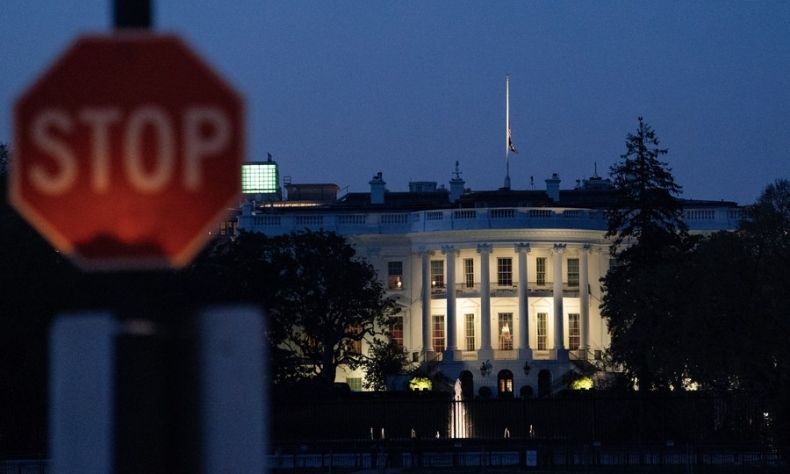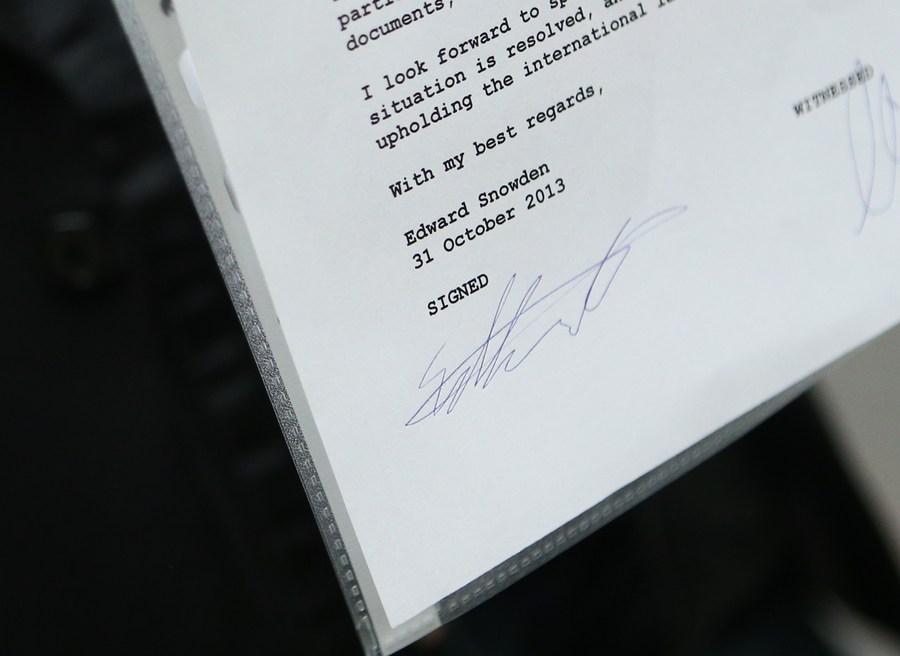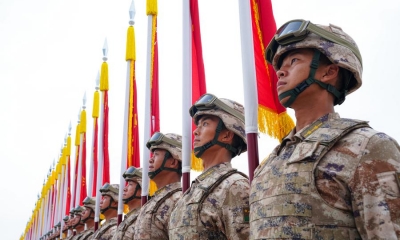America’s Never Ending Eavesdropping Scandals

Now it is 2023, and the potential for another scandal looms large over Washington.
America’s military and political elite are again trying to explain away a leaked documents scandal.
For now, the person (or persons) responsible for the latest leak is unknown, but the story is most definitely a familiar one. We should start there.
In 2013, Edward Snowden unleashed an international firestorm with his public announcement that he was responsible for the release of an unknown number of items relating to Washington’s efforts at domestic and international surveillance; operations of the National Security Agency; attempts to track groups such as Islamic State and more. By one estimate, Snowden had distributed 1.7 million documents and files. An exact number might never be known, and in reality, it is not important. What people need to remember is that America’s friends and foes were left to contemplate the depth and determination of U.S. efforts to know what its allies and enemies were doing. According to one released document, America’s 16 spy agencies would receive a combined $52 billion to accomplish their myriad tasks in 2013 alone.
Snowden eventually made his way to Russia, where he has since been granted citizenship. He continues to insist that he is a whistleblower who would never receive a fair trial if he were to return to the United States. The political and military elite in Washington see him as something else – a traitor who did damage to America’s domestic and international image while also undermining the country’s security.

Now it is 2023, and the potential for another scandal looms large over Washington.
The most recent leaks began around the middle of last week, but interest did not begin to spike until major newspapers, such as the New York Times, reported on them. At the time, U.S. officials talked about how the tranche of information would likely be embarrassing to the “Five Eyes” nations – Australia, Britain, Canada, New Zealand and the United States – which often share intelligence data with each other.
Soon, the unease about the leaking of the documents grew, once it became clear that some of them would pertain to two of America’s closest allies, South Korea and Israel, and at least one of its enemies, Russia. Some of the documents suggested South Korean officials were struggling to find answers to repeated American requests to provide military aid to Ukraine. Other files explored how Israel might be swayed by the U.S. to also send military weapons to Ukraine. Meanwhile, at least one document, examined by the New York Times, asserted that Russia’s Wagner Group had met with unnamed people in Türkiye to determine if that country could assist in procuring weapons for Russia.
By the time attention had turned to files casting doubts on Ukraine’s ability to continue to defend itself in its ongoing war with Russia, hard questions were already being asked by the U.S. mainstream media. TIME magazine noted that some of the leaked information suggested “Ukraine’s air defense faces serious challenges in upcoming months,” which, if true, would run counter to an optimistic assessment U.S. President Joe Biden had made just weeks earlier about Ukraine and its military capabilities.

As was true in 2013, the question is not really the depth of the current leak. At this point, perhaps 100 documents have been surreptitiously released through social media, and publicly Washington officials say that they have no idea whether more leaks are forthcoming. What is damning now mirrors what was so damning 10 years ago – America’s requirement to publicly admit that it spies on some of its closest friends. On one hand, no one doubts that America does it; on the other, when such facts become public, contrition is in order.
Ten years ago, a humbled Barack Obama had to apologize to his French and German counterparts after they asked why private citizens and public figures in both nations were being tracked by America’s elaborate spy machine. It is not clear yet whether the leaders of South Korea or Israel will demand President Biden make a similar public apology. No matter what he says, or how he says it, the president will certainly remember the anxiety the 2013 scandal had on the White House. Remember, he was the Vice President of the United States at that time.
In case you are wondering, there is no doubt that the recently leaked documents are legitimate, although there is an effort to question the veracity of at least some of them. Questions about whether some of the files have been manipulated by the person responsible for leaking them do not undermine the information. Much like Snowden’s integrity and love for country were attacked in 2013, we should anticipate a barrage of venom directed at the current leaker, presuming of course that person is an American citizen.
The article reflects the author’s opinions, and not necessarily the views of China Focus.
 Facebook
Facebook
 Twitter
Twitter
 Linkedin
Linkedin
 Google +
Google +







